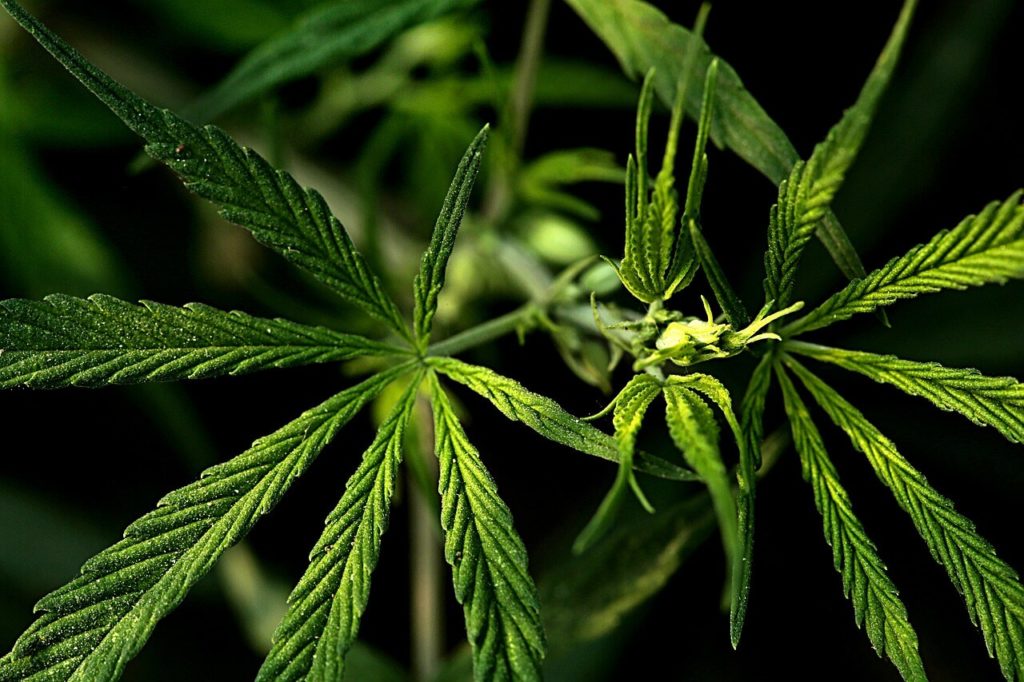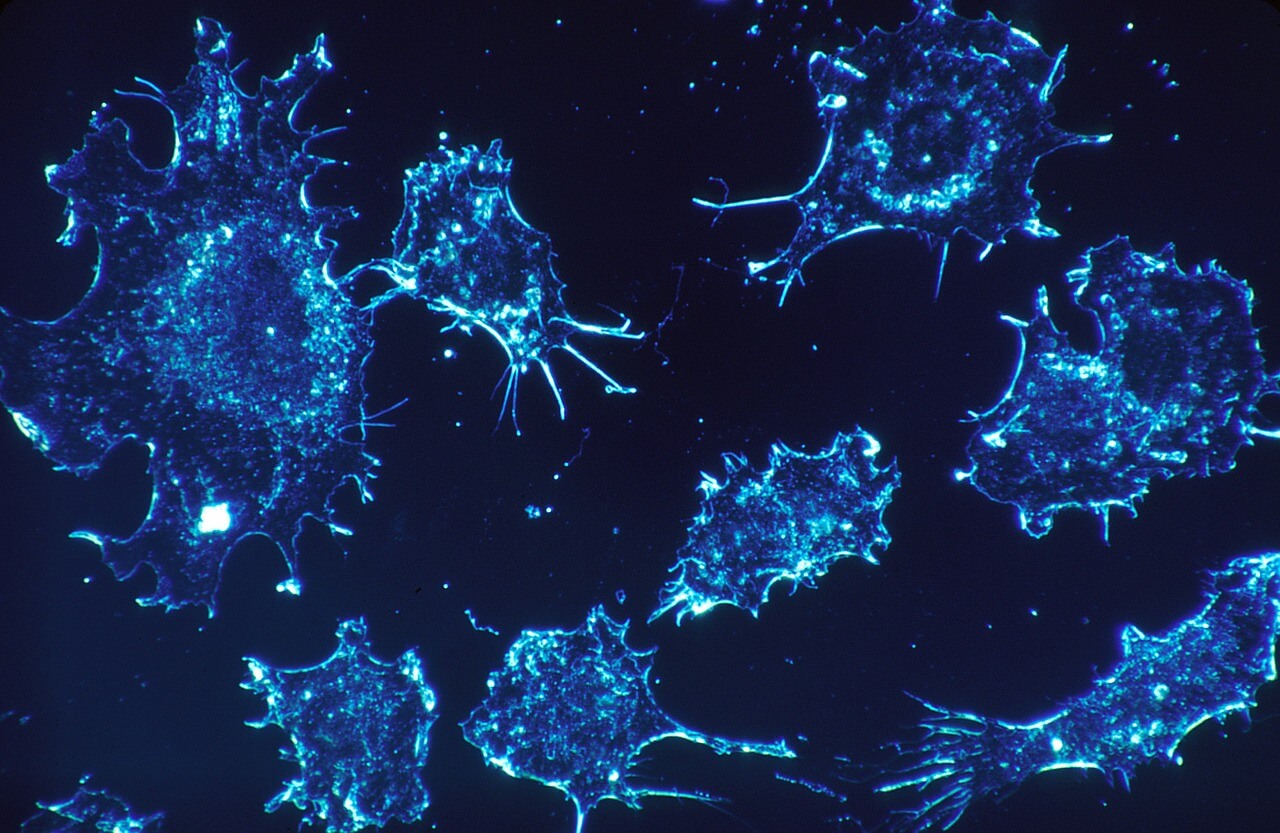Hemp cultivars are planned for development in a new seed bank at Cornell University in New York. It could be ready for producers within five years.
Cornell will host the only U.S. industrial hemp seed bank on its AgriTech campus in Geneva, New York, with the pest in march of the construction of the facilities, officially called the “Industrial Hemp Germplasm Depot.
Bring the germplasm
The U.S. Department of Agriculture’s Agricultural Research Service (USDA-ARS) provided $500,000 in federal funds for the project. USDA-ARS will maintain the germplasm and collaborate with Cornell University scientists, with whom they already partner for research on grapes, apple, cherry, tomato, and Brassica crops. The Repository will also work with farmers as it develops potent and pest-resistant new cultivars, the university said.
“The more germplasm scientists have access to, the greater the likelihood that we will produce plants that are useful, whether for pest management or specific climates,” said Larry Smart, a professor in the Horticulture Section at Cornell School. Integrative Plant Science (SIPS). He said the hemp reservoir is a desperately needed resource that will get to the root of crop health. He added it is essential to providing better resources to New York’s hemp producers.

Hemp backed in New York
But the new seed bank will also benefit U.S. producers by developing varieties that will grow well under different climatic and soil conditions, said Christine Smart, SIPS professor of Plant Pathology and Plant Microbial Biology.
New York officials have strongly supported the reintroduction of hemp in the state, pointing to its potential to improve the fortunes of upstate farmers.
The U.S. government destroyed its last remaining stockpile of hemp seeds in the 1980s under federal laws that banned harvesting. Hemp returned to the U.S. as a legal crop with last year’s passage of the Farm Bill 2018.
—
This article was translated and adapted from the original, which was previously published in Hemp Today. In case of a discrepancy, the original will prevail.
While reasonable efforts are made to provide accurate translations, some portions may be incorrect. No liability is assumed by Hemp.im for any errors, omissions, or ambiguities in the translations provided on this website. Any person or entity that relies on translated content does so at their own risk. CBDNews.Live shall not be held responsible for any losses caused by such reliance on the accuracy or reliability of the translated information. If you would like to report a translation error or inaccuracy, we encourage you to please contact us.



